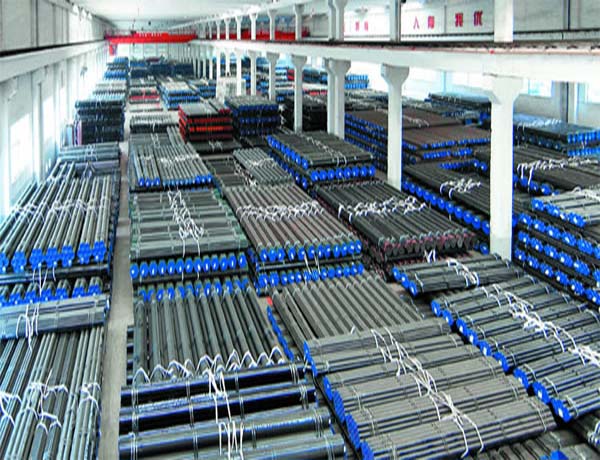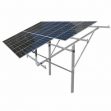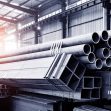How to distinguish between “pipe” and “tube” in foreign business English
When it comes to steel pipe, it is believed that almost all the insiders in the steel pipe industry have found two terms: “pipe” and “tube” used interchangeably. However few people have tried to figure out how to exactly use them separately in foreign business English.

1. Diameter
Pipe diameter means a nominal diameter(not actual). As a rule, the actual physical outside diameter is larger than the nominal outside diameter. And tube diameter refers to the actual outside diameter. In other words, tube actual physical outside diameter is just the same as its nominal one.
2. Wall Thickness
Tube is often specified by thinner thicknesses while the thicker tube is indicated by fractions of an inch or millimeters. The wall thickness of a pipe can be considered a pipe schedule.
3. Tolerance
As pipes are widely used for pipeline with strictly specified properties such as pressure, straightness and roundness, tolerance is relatively loose, when compared with tube. Here the tolerance includes diameter tolerance, wall thickness tolerance, straightness tolerance, roundness tolerance etc.
4. Price
As for steel pipe manufactures, tubes will spend more production costs than pipes, due to higher requirement of tubes but lower production of tubes. Therefore, there exist various steel pipe prices in market. On the other hand, pipes will undergo relatively simple manufacturing process. Besides, pipes are produced in mass with lower costs.
5. Application
Pipes are usually used to convey fluids and gases, such as water, oil, gas and propane. And they can be also used as steam pipe, boiler pipe and etc. Tubes, on the other hand, can be widely used as medical tubes, weapon part, industrial parts, cooler tubes, heat exchanger tubes and boiler tubes. Therefore, tubes have relatively specified outside diameters.
6. Ductibility
For pipes the pressure rating, yield strength, ductibility properties are more important. However, for tubes, the hardness, tensile strength, high precision is the key to high quality. Those elements like C, Mn, S, P, Si are the main chemical elements for pipes, and there is few microelements requirements . While for tubing, the microelements are very important to the quality and process.
7. Surface Finish
Pipes, particularly hot dipped galvanized steel pipe need to be painted or coating to anti corrosion or oxidation so as to be used for outdoor or underground transporting areas. Tubes are sour cleaning or special polish treatment for particular field use.
Tel: +86 18202256900 Email: steel@tjdpbd.com
Previous: Introduction of steel plate










